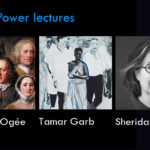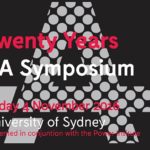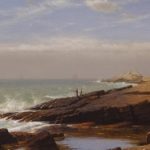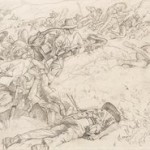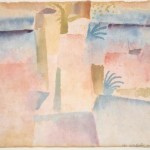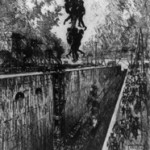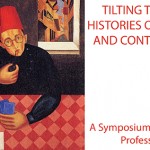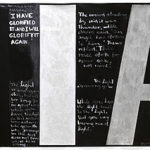
Thomas Crow, Hannah Williams, and Dr. Florian Knothe in conversation with Mark Ledbury The Power Institute with Sydney Ideas is pleased to invite you to a panel discussion on the role that religion plays in the making and understanding of art. This will be followed by the launch of Thomas Crow’s new book, No Idols: The Missing Theology of Art. Date: Wednesday 15th March 2017, 6-8pm Venue: Law School Foyer, Level 2 Law School Annex, Eastern Avenue,Camperdown Campus, The University of Sydney Cost: Free and open to all with registration requested here. LECTURE ABSTRACT Much of what we call art today was created in religious contexts and for spaces of ritual or worship – and many artists of our own ‘secular’ age have been heavily inspired by religious ideas. For this panel the distinguished art historian Thomas Crow, author…

